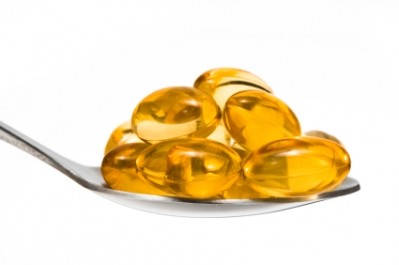More research on omega-3s in muscle building, healthy aging and brain health called for, expert says
Dr. Tipton, who is a professor of sport, health and exercise science at the University of Stirling in Scotland, spoke with NutraIngredients-USA at the recent GOED Exchange meeting in Seattle. Dr. Tipton said that with each new field of research on omega-3s, gaps appear which can be opportunities for continued study.
Ceiling effect postulated
In the area of sports performance, for example, Dr. Tipton said a recent study done at his lab on the effects of omega-3 fatty acids on muscle protein synthesis on young resistance trained men came up with a null result, which was surprising. But after further study, Dr. Tipton said the fault might be placed on one aspect of the study design. The researchers gave the study participants a high dose of protein along with the omega-3s after exercise, and that might have blurred or muted whatever effects the omega-3s might be capable of, he said.
“We gave them 30 grams of protein after exercise that gives you a maximal response. We think there may have been a ceiling effect and the omega-3 didn’t have anywhere to go. We think if we had given them 10 grams of protein instead of 30 we might have seen a response,” Dr. Tipton said.
Opportunities in healthy aging, brain health
Another area where omega-3s hold promise is in anti aging research. Dr. Tipton said it's well known that as people age, they don’t respond to an anabolic stimulus the same way a younger person would. In other words, for the same amount of weight lifting, a young muscle will grow more than will an old one.
“We need to do a fair bit more work in the context of maintaining muscle mass in aging,” Dr. Tipton said.
Another area of potential future research is the effect of omega-3s on traumatic brain injury. This has already been demonstrated in fairly convincing fashion in mice, Dr. Tipton said. The challenge now is to design studies that can demonstrate an effect in humans, given the many ethic constraints and potential confounding factors.
















